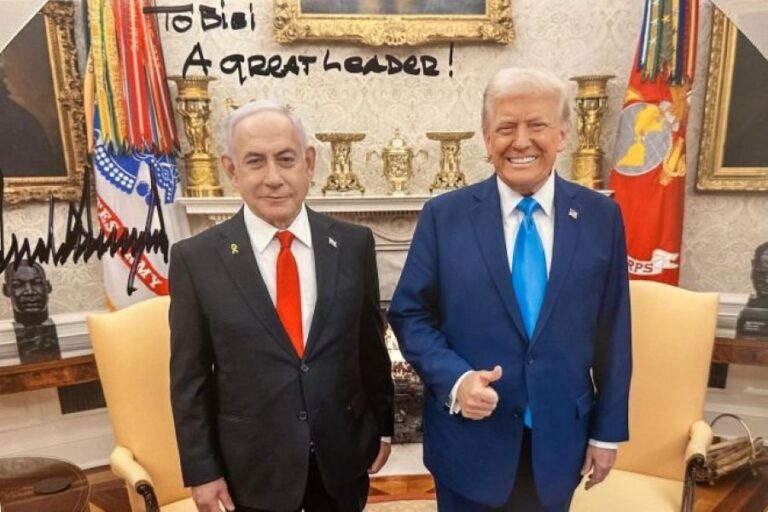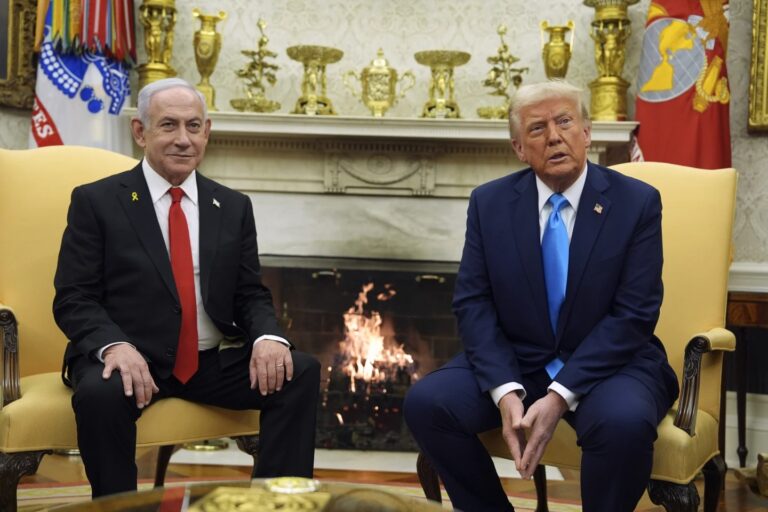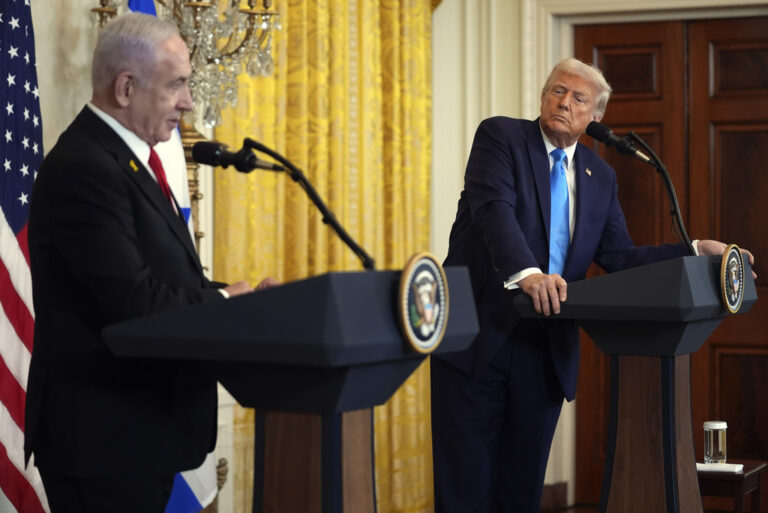Efforts to prosecute the mastermind of the Sept. 11, 2001, terrorist attacks and four co-defendants are stalled in part over a lingering issue Americans haven’t yet resolved: torture.
Interrogators at secret CIA prisons repeatedly slammed Ammar al Baluchi’s head against walls, leaving the 9/11 planner and nephew of attack mastermind Khalid Sheikh Mohammed with brain injuries and memory loss, one of Baluchi’s attorneys, Air Force Lt. Col. Sterling Thomas, said before court proceedings this week at the military prison in Guantanamo Bay, Cuba.
Thomas’ allegations are resonating with The North Carolina Commission of Inquiry on Torture, a private, 11-member group of citizens whose mission is to highlight and denounce the practice. Just last week, the organization featured Thomas as one of its speakers at an anti-torture teach-in attended by about 100 people in Raleigh.
“The science, the facts, and the law all cut against the pro-torture argument, but they’re not being heard very well,” Thomas said. “So some of the discussion has to be taken on by those who are disturbed” by it. “Those people are often citizens who speak up.”
The academics, lawyers, retired military officers and clergy who make up the commission are planning public talks in North Carolina and Washington, D.C., and aim to issue a report next summer with recommendations for county, state, and federal officials.
“We don’t have the power to lock anybody up. We don’t have the power to order people to pay” compensation, commission co-chair and former Guantanamo defense lawyer Frank Goldsmith noted at last week’s meeting. “But we can make findings. … We can call for action.”
Such nongovernmental inquiry commissions are rare, though others succeeded in bringing attention to American military atrocities in Vietnam and war crimes in Bangladesh during the 1971 civil war. Nonetheless, one of the legal experts who helped set the limits of harsh interrogation tactics under President George W. Bush dismissed the North Carolina group’s hearings as little more than a publicity stunt.
“I … don’t see why the state of North Carolina has any special interest or reason to hold an inquiry on a question of national security,” former deputy assistant attorney general and Berkeley law school professor John Yoo said in an email. “Is each state going to have its own special panel on every controversial question of foreign policy? This is why the Constitution vests control … in the federal government alone.”
Some tactics employed by CIA interrogators are now widely viewed as torture. A 2014 report from the Senate Intelligence Committee concluded the agency understated the brutality of the techniques, while overstating the value of information obtained by using them.
The spy agency “did not always live up to the high standards that we set for ourselves and that the American people expect of us,” the CIA said in response. In a separate report, the CIA’s inspector general said the interrogation program cobbled together in the months following the 9/11 attacks sometimes exceeded even Bush’s flexible guidelines when it allowed such tactics as simulated drownings, mock executions and threats against family members.
The detention and interrogation program ended after President Barack Obama took office in 2009. It “has been thoroughly investigated over the course of several years,” CIA spokesman Ryan Trapani wrote in an email.
Americans are evenly split over whether torture is acceptable in some circumstances, according to a Pew Research Center poll taken in the two weeks preceding the 2016 elections. President Donald Trump’s campaign included promises to reinstate waterboarding and allow other extreme forms of torture.
The North Carolina group began ramping up about the time Trump became president, but it is an outgrowth of more than a decade of campaigning by Raleigh-area activists against taxpayer support for a company tied to the CIA’s clandestine transfers of terrorism suspects.
For the past decade, the activists have denounced Aero Contractors Limited, a private air carrier operating out of a county airport about 30 miles (50 kilometers) south of Raleigh. Aero Contractors has delivered about 50 people to secret prisons from Thailand to Poland for interrogation and torture, according to Sam Raphael, a senior lecturer in international relations at London’s University of Westminster who has been documenting the CIA’s rendition program.
Aero Contractors did not return a phone call seeking comment.
Raphael, who spoke at the commission’s hearings in Raleigh, said he hopes the citizens’ inquiry convinces Americans that their government engaged in “crime on a global scale” while striving to keep them safe from terrorists.
“The overarching goal is to establish the truth of what happened … to seek some measure of accountability and justice for those who suffered … as well as to ensure the truth is known so that it is not repeated in the future,” he said.
(AP)












One Response
How about people stop trying to be nice to terrorists?